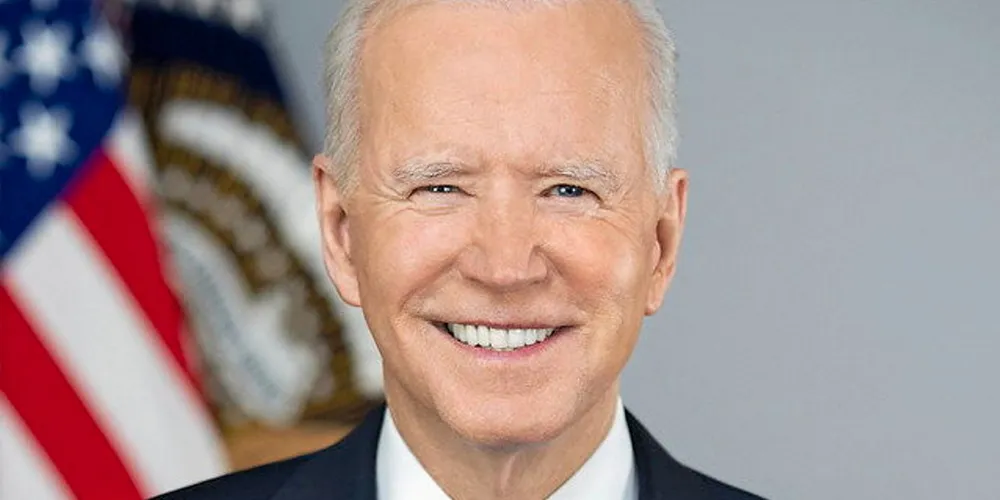'Destroying clean energy' | Industry decries potential new US solar tariffs as impacting jobs and climate
Department of Commerce probe into alleged Chinese practice of 'backdoor dumping' own-brand panels via other Asian nations to dodge existing US duties 'is taking down American businesses and workers in its wake',
